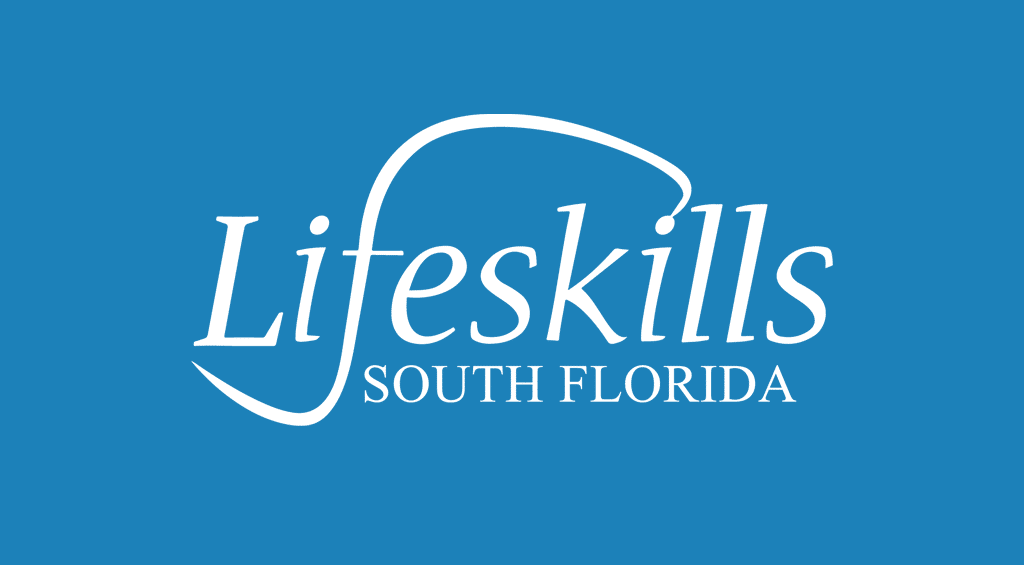
As a society, we are becoming more familiar and unfortunately accustomed to devastating mass violence events taking place at home and abroad. However, we see the images flash across the screen of our televisions and social media pages, but many times, we forget the toll events of this magnitude take on one’s mental health.
We have seen devastating attacks take place in the U.S., as well as abroad, and most recently in London. While many people recover without any professional help there still others, who find it difficult to cope with the event. According to Metro UK, London officials are urging those who are still feeling stressed weeks after the attack in London to seek professional help. Professor Neil Greenberg, a leading authority for the Royal College of Psychiatrists, stated that it is normal for someone to experience sadness and fear, however; after a few months, if feelings are still unsettled, a professional assessment might be needed. Experts like Dr. James Thompson, a trauma expert from the University College London, claims that three in 10 of those in the London attacks will continue to suffer from anxiety a year after the event.
While many of us may not experience an event of this magnitude, many still suffer from anxiety and traumatic stress due to a friend or family member experiencing danger or the thought that they could have been in danger.
Studies show that after a disaster, mass violence or terror event, there are traumatic stress reactions that are considered normal. Acute stress disorder (ASD) includes symptoms, such as those listed below, that subside within a few weeks.
- Shock
- Anger
- Guilt
- Grief or sadness
- Impaired concentration
- Nightmares
- Worry
- Intrusive thoughts/memories
- Confusion
- Insomnia
- Headaches
- Social withdrawal
- Overprotectiveness
- Fatigue
- Decreased appetite
- Distrust
It should also be noted that some people will have a positive response in the aftermath of a tragedy such as resilience, coping, helping to comfort others, relief at surviving a tragedy or growing from the experience.
When a person is unable to react normally, and the response becomes less common, they might need to seek professional help. Symptoms that last more than a month, seriously affect one’s ability to function, and are not due to substance abuse or mental illness or something other than the event could be suffering from Post Traumatic Stress Disorder (PTSD), one of the effects of traumatic stress. PTSD is characterized by anxiety from previous traumatic events and can affect someone who is predisposed at any stage in their lives. The most common symptoms of PTSD include nightmares, flashbacks of the event, depression and increased irritability. According to the National Institute of Mental Health, PTSD affects 7.7 million adults. However, women are more likely to develop PTSD than men. The symptoms of PTSD can range from mild to severe and usually begin within three months of the frightening ordeal.
At Lifeskills South Florida, simple and complex PTSD is treated through targeted trauma treatment such as Cognitive Processing Therapy (CPT) and Eye Movement Desensitization and Reprocessing (EMDR). CPT is evidence-based and has been proven to treat individuals struggling with PTSD effectively. CPT aims to retrain the brain to think differently about the traumatic event. EMDR is an 8-phase approach to treatment that has been researched extensively and proven effective for the treatment of trauma. The client-centered approach allows the clinician to facilitate the client’s healing mechanism by stimulating the innate information processing system in the brain.
After a disaster, or mass violence event, individuals should be encouraged to talk to others and get support. Many people will feel because they were not directly involved, they should not be upset or experience symptoms of traumatic stress. However, it is critical to address your needs and seek help. At Lifeskills South Florida, our highly trained and specialized staff can help you cope with your symptoms and get your life back on track. We currently offer five clinical tracks and offer each client an individualized treatment plan. To learn more about our accredited residential and outpatient treatment programs, please contact us.




